Are cordless appliances worth it? Which to buy and which to skip
More and more appliances are becoming cordless, but which are worth your time?
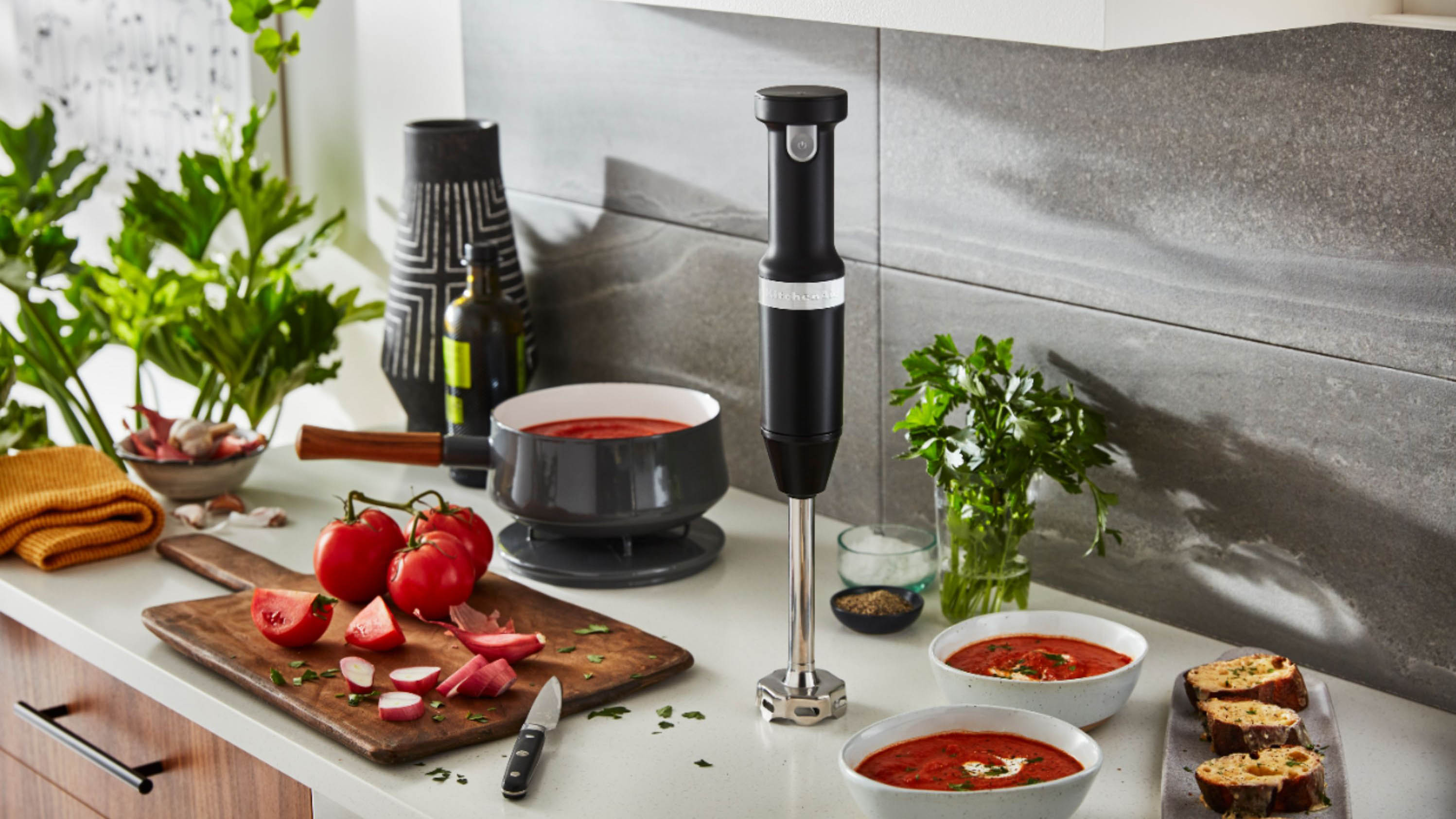
Ever since cordless vacuum cleaners came to town, a range of alternative appliances have been cutting to cord, so to speak. Cordless appliances boast added convenience by providing the same performance without an annoying cable getting in the way, but do they actually deliver on this promise? After six years of product testing, I can tell you that the designs are very hit and miss, depending on the type of appliance. So which should you buy? Here is the truth about cordless appliances.
- Here are the best vacuum cleaners right now
- Check out the best appliances for student living
- Here's how to clean a dryer vent
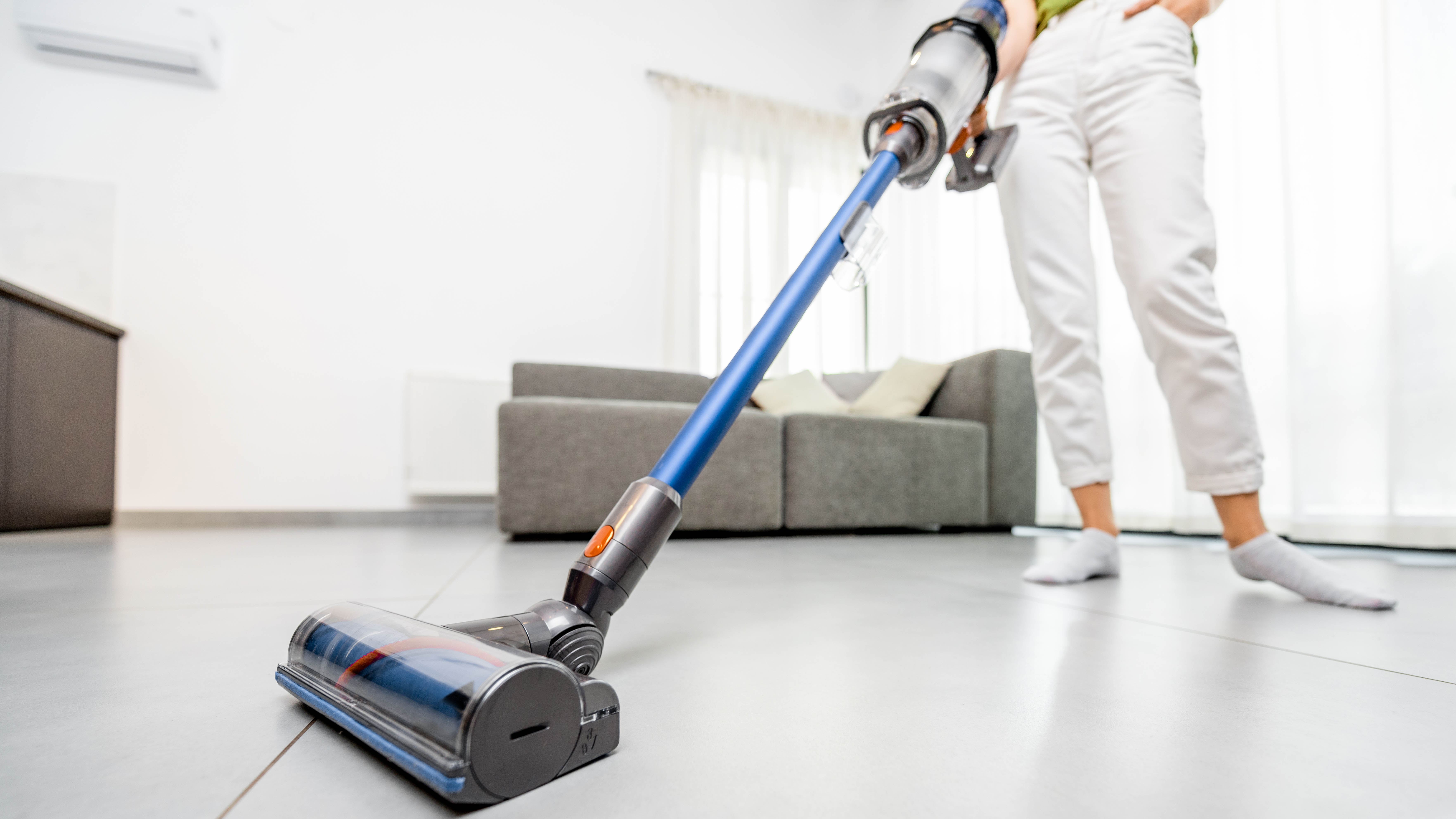
Cordless vacuum cleaners: Worth buying
Pros:
Lightweight
Maneuverable
Convenient
Cons:
Small bin capacity
Limited battery life
Typically not as strong as corded models
Cordless vacuum cleaners are easily the most popular cordless appliance, and for good reason. You don’t realize how annoying it is to drag a cable behind you and find new plug sockets in each room, until it’s gone. Not only that, cordless vacuum cleaners have a much more lightweight design as well compared to corded models, making them more maneuverable and quick to use.
Cordless vacuum cleaners were originally designed for picking up small spills. However, they’ve proved to be so popular that people now want designs which provide enough power and time to cover the whole house. These have come a long way since they were first introduced and are definitely worth your investment.
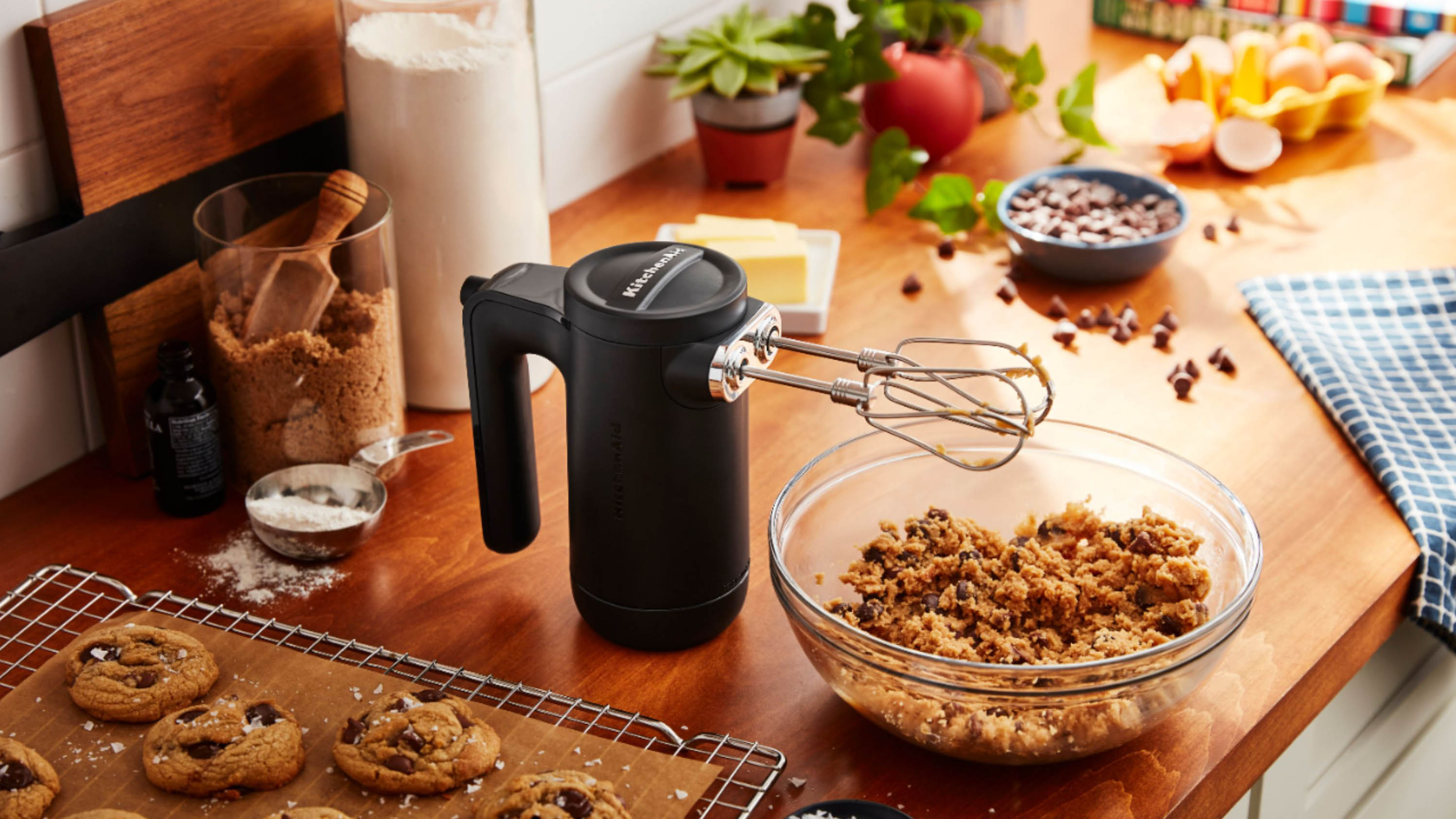
Cordless hand mixers and hand blenders: Worth buying
Pros:
Can easily navigate around a large mixing bowl
Convenient
Good for everyday tasks
Cons:
May struggle with recipes which require more work and power
You might run out of battery mid-mix
I was skeptical of cordless hand mixers and blenders when they were first introduced, but was pleasantly surprised once I started using them. The lack of a cord means you can easily navigate around a bowl and have freedom to work from wherever you want in the kitchen. With my corded hand mixer, I had to work over my stovetop as the length of the cable held me back to the plug point. I had no such problem with a cordless model.
Power was a concern, but these designs tend to provide enough for everyday jobs. If you beat tougher recipes or mixes which require a lot of work, such as fruit cake, then a corded mixer might be better. Otherwise, I was converted.
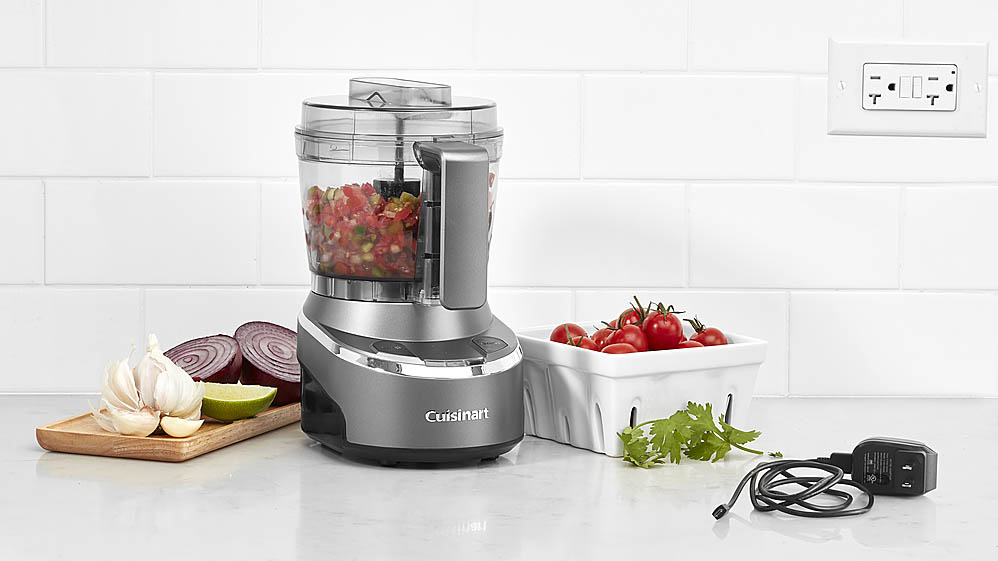
Cordless mini choppers: Worth buying
Pros:
Convenient
Easier to store
Less messy to use
Cons:
Might struggle on very tough ingredients, such as nuts
When it comes to mini choppers, which usually feature a compact design, you wouldn’t think losing the cord would make much of a difference in terms of convenience, but it actually does. You no longer have to carry ingredients across your kitchen to the chopper, making a mess in the process. You can prep and go, chucking your fruit and veg straight in.
These appliances are designed to handle smaller chopping jobs, such as onions or pureeing hummus. That’s why they’re still more than capable when using battery power. However, if you're using it to chop harder ingredients, such as nuts, you may find it struggles more than a corded model.
Sign up to get the BEST of Tom's Guide direct to your inbox.
Get instant access to breaking news, the hottest reviews, great deals and helpful tips.
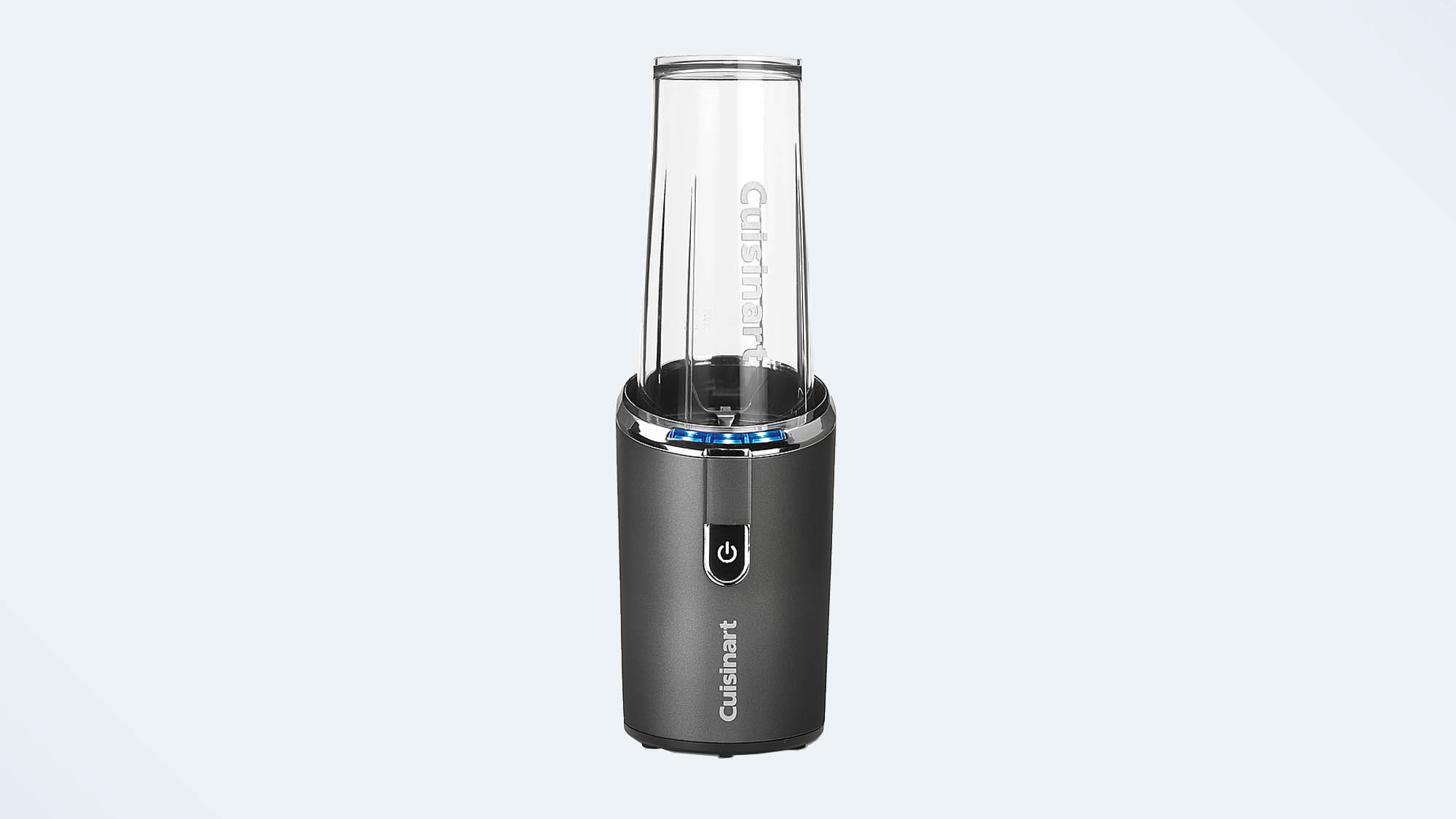
Cordless personal blenders: Mostly not worth it
Pros:
You can place it anywhere
Good for soft fruit smoothies
Cons:
Not as powerful as corded models
Runs out of battery quickly
Struggles with tougher ingredients
I had high hopes for cordless personal blenders when I first tried one, but I was unfortunately disappointed. It jammed easily and when it did run, it didn’t completely blend tougher ingredients such as leafy greens and couldn’t pulverize raspberry seeds. It was fine for a quick soft fruit smoothie, but I wasn’t happy with the performance otherwise. The battery drained very quickly too.
Blending ingredients requires a lot of power, depending on what you’re using. For this reason, cordless personal blenders aren’t quite there yet. They claim convenience, but you might be left with a lumpy smoothie. Only buy one if you predominantly drink soft fruit smoothies.
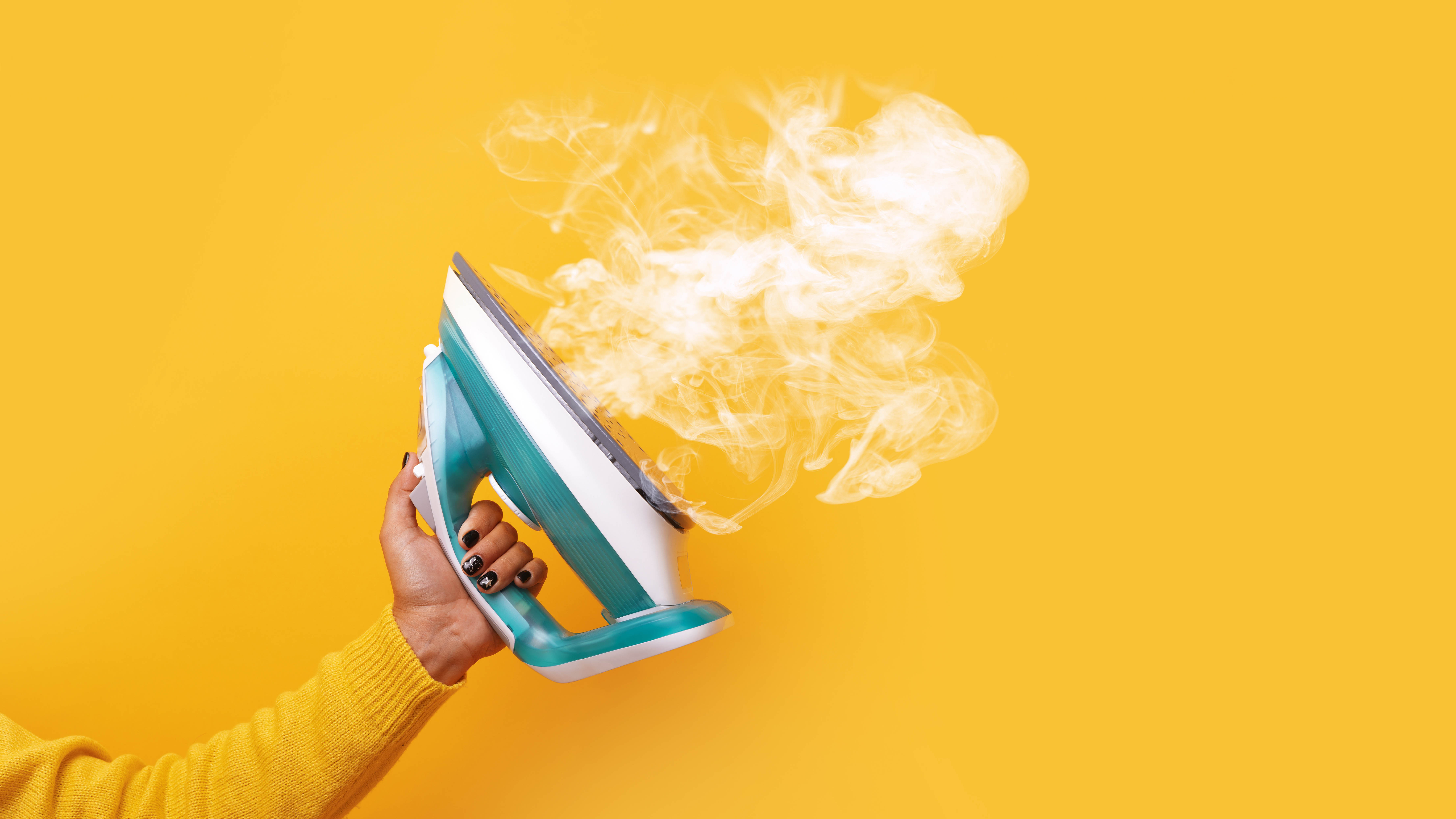
Cordless Irons: Not worth it
Pros:
Easy to maneuver
More lightweight than corded models
Cons:
Adds time to ironing
Can be more bulky to store
Results aren’t as good as corded
Still need to plug in the base
You might think a cordless iron sounds like a great idea. After all, the cord can hold you back from getting the best angles as you iron. A cord can also create a tripping hazard or cordon off part of the room. Cordless irons essentially charge on a base, and once ready you can use it until it needs charging again. While these are great for the first or second sweep, they soon lose heat and become counterproductive.
When testing one, I found myself becoming increasingly impatient from repeatedly charging it. Plus, ironing a simple shirt took much longer than it should have. In a nutshell, that’s why cordless irons are a waste of money in my opinion.
- The best air fryers for more healthy-ish cooking
- Best blenders for whipping up smoothies and more

Katie Mortram used to be a Homes Editor for Tom's Guide, where she oversaw everything from kitchen appliances to gardening tools, as well as smart home tech. Specializing in providing expert advice for cleaning and home manintenance, she now works as Household Advice Editor for Good Housekeeping.
